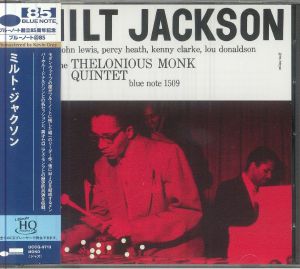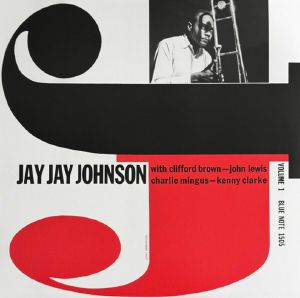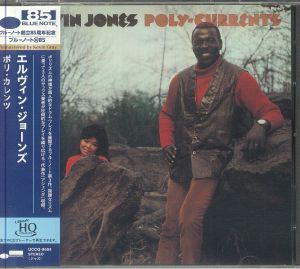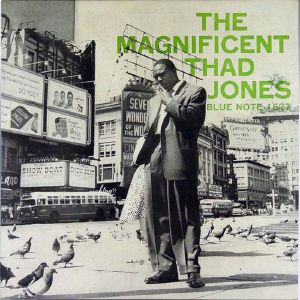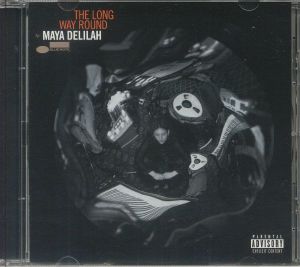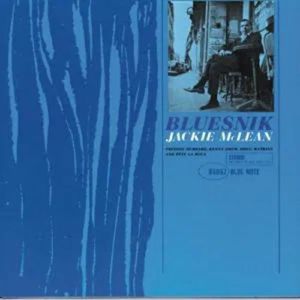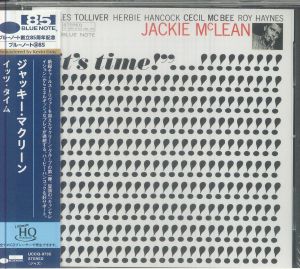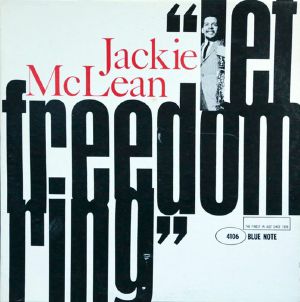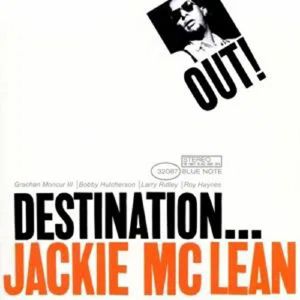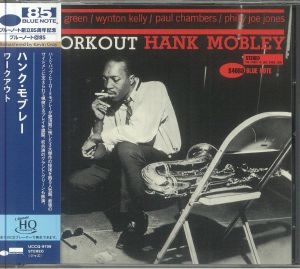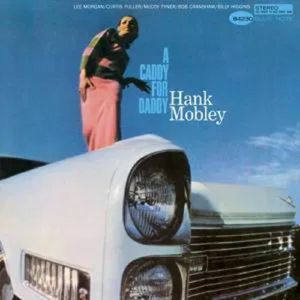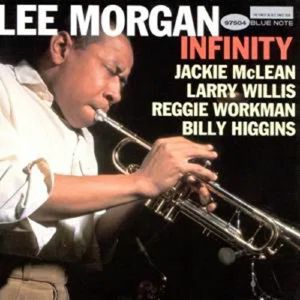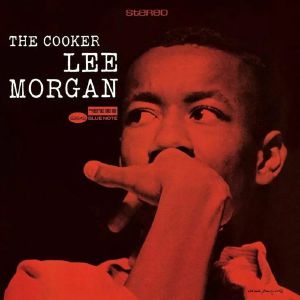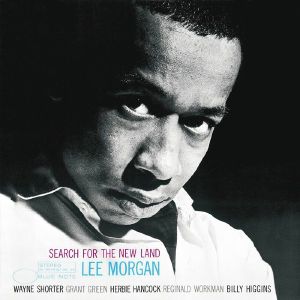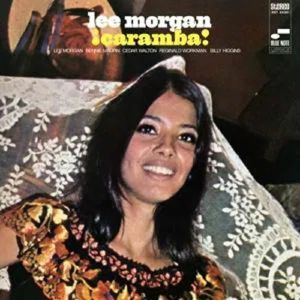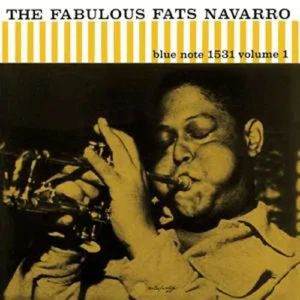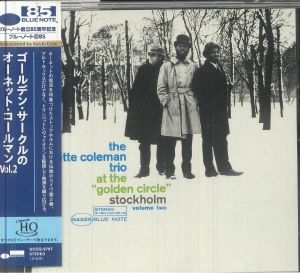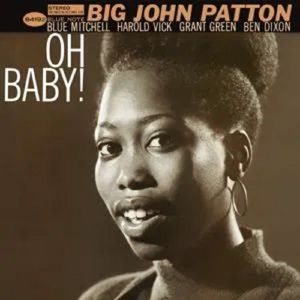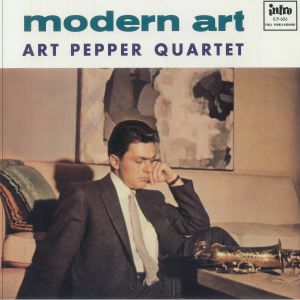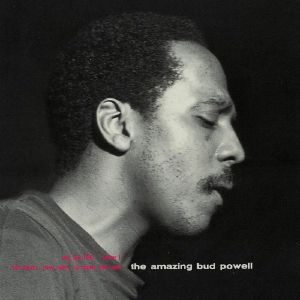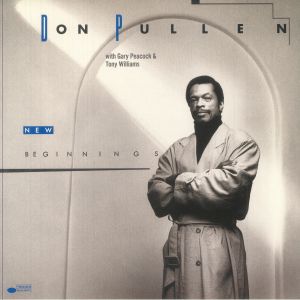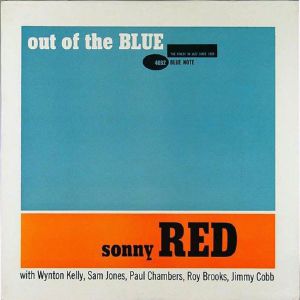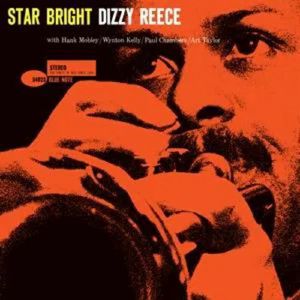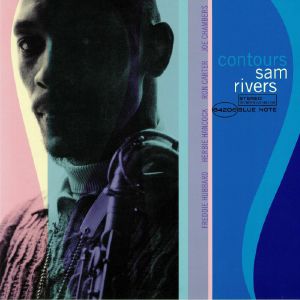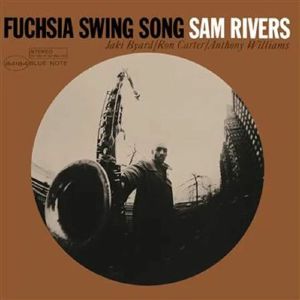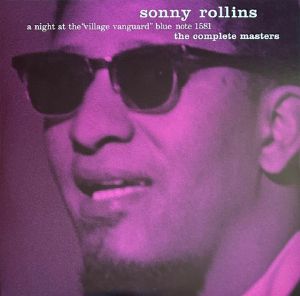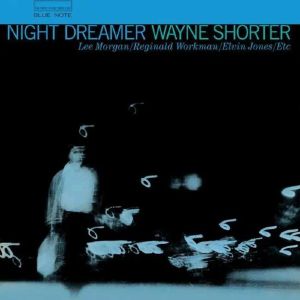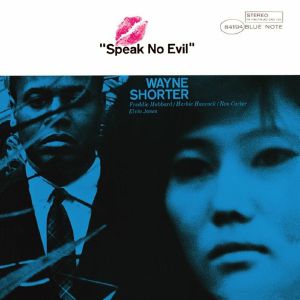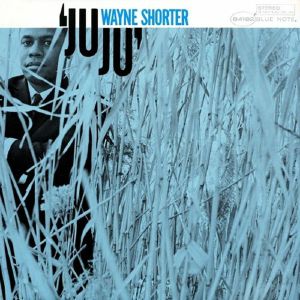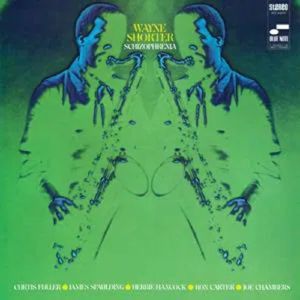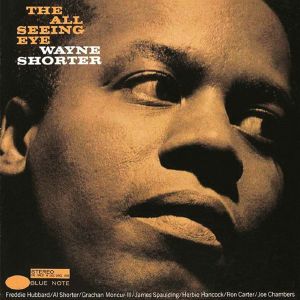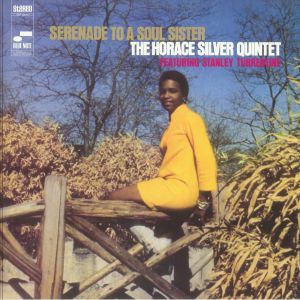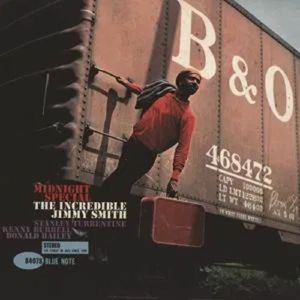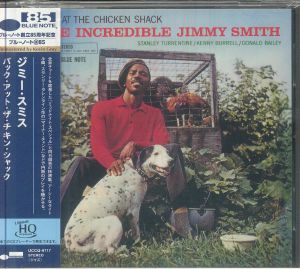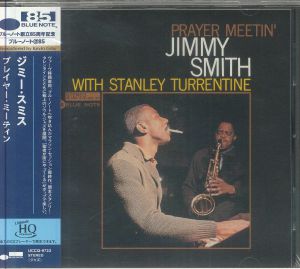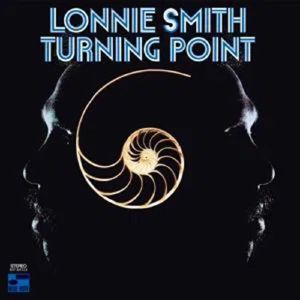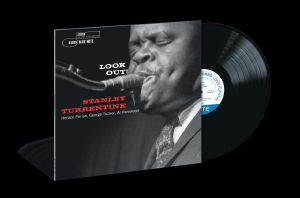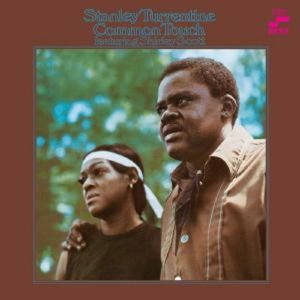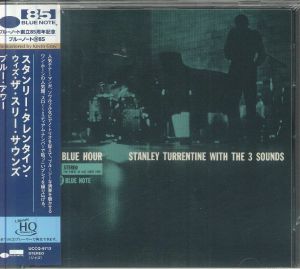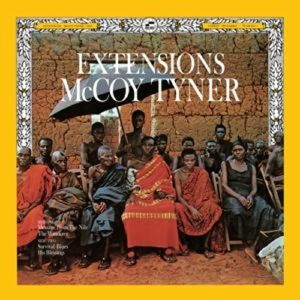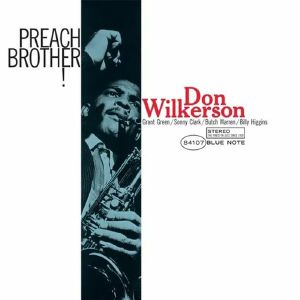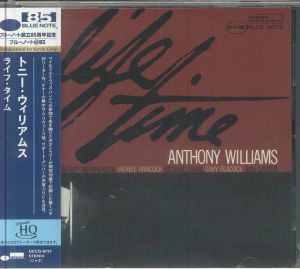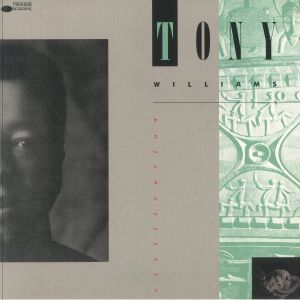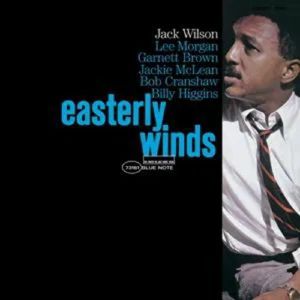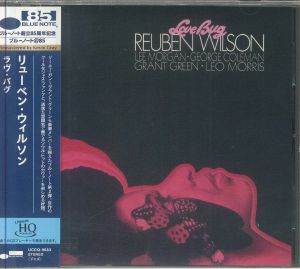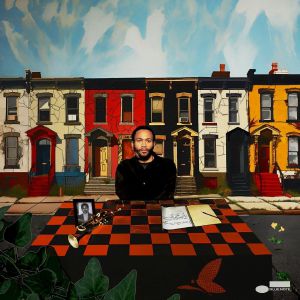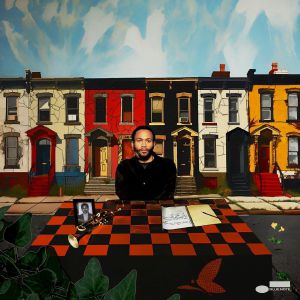Filter
在庫状況
音楽
アーティスト
レーベル
Featured
リリースタイトル
値段
Back catalogue: All genres
Juno's full catalogue of All genres
アルバム
Milt Jackson With John Lewis Percy Heath Kenny Clarke Lou Donaldson & The Thelonious Monk Quintet (remastered) (UHQ-CD with obi-strip)
Cat: 658141 2. Rel: 15 May 25
Jazz
in stock $18.95
in stock $17.84
in stock $17.84
in stock $18.95
Speak To Me (B-STOCK) (gatefold white vinyl 2xLP (indie exclusive))
Cat: 588307 5 (B-STOCK). Rel: 01 Jan 90
Jazz
B-STOCK: Sleeve damaged but otherwise in excellent condition
Review: ***B-STOCK: Sleeve damaged but otherwise in excellent condition***
Guitar virtuoso Julian Lage's Speak To Me is a dynamic Blue Note album produced by Joe Henry. Arriving with 13 original tracks, Lage's compositions navigate a rich tapestry of American music genres, from gospel hymns to California singer-songwriter vibes and skronky jazz. The album's lead single '76' showcases a hard-driving blues essence, while 'As It Were' offers an atmospheric acoustic ballad. With contributions from Kris Davis, Patrick Warren, Levon Henry, and his trusted trio with bassist Jorge Roeder and drummer Dave King, Lage presents a multifaceted musical journey that captivates and enthrals in equal measure here.
… Read moreGuitar virtuoso Julian Lage's Speak To Me is a dynamic Blue Note album produced by Joe Henry. Arriving with 13 original tracks, Lage's compositions navigate a rich tapestry of American music genres, from gospel hymns to California singer-songwriter vibes and skronky jazz. The album's lead single '76' showcases a hard-driving blues essence, while 'As It Were' offers an atmospheric acoustic ballad. With contributions from Kris Davis, Patrick Warren, Levon Henry, and his trusted trio with bassist Jorge Roeder and drummer Dave King, Lage presents a multifaceted musical journey that captivates and enthrals in equal measure here.
in stock $37.91
in stock $13.94
in stock $17.57
in stock $17.57
in stock $18.95
in stock $17.84
Review: By 1960, Georgia-born tenor saxophonist Mobley was at the height of his powers, crafting a trilogy of hard bop masterpiecesiSoul Station, Roll Call and Workout. Roll Call, the middle entry, finds Mobley leading an inspired quintet featuring the young and fiery Freddie Hubbard on trumpet, alongside the rock-solid Soul Station rhythm section of pianist Wynton Kelly, bassist Paul Chambers and the explosive Art Blakey on drums. The result is a hard bop stunner, bursting with energy, interplay and lyrical phrasing. This reissue opens with the dynamic title track, a minor-key powerhouse that jumps out of the speakers, pushing each musician to deliver their best. Mobley and Hubbard's chemistry is electrifying, their solos crackling with urgency. The swaggering 'My Groove Your Move' follows, built on a confident, swinging groove, while 'A Baptist Beat' channels the deep, soulful call-and-response tradition of the black church. A second take of the latter further showcases the group's enthusiasm and spontaneity. The album's only standard, 'The More I See You', is a sublime moment of restraint, with Hubbard's use of the harmon mute adding a delicate, smoky touch. Mobley's playing here epitomises his gift for melodic improvisationisubtle yet deeply expressive. His warm, bluesy tone and sophisticated phrasing made him one of the most lyrical saxophonists of his era. Even decades later, Roll Call remains a cornerstone of hard bop.
… Read more in stock $30.09
in stock $18.95
in stock $17.84
in stock $17.57
in stock $18.95
in stock $17.57
in stock $17.57
The Fabulous Fats Navarro Vol 1 (remastered) (UHQ-CD with obi-strip)
Cat: 652429 1. Rel: 16 May 25
Jazz
in stock $17.84
in stock $17.84
in stock $17.84
Review: A refined and understated session, this reissue is a masterful example of West Coast jazz, offering a smooth, mellow and introspective listening experience. Recorded between december 1956 and January 1957 in Hollywood, California, this album showed Pepper's signature melodic alto saxophone over a relaxed and fluid quartet setting. The lineup features Russ Freeman on piano, Ben Tucker on bass and Chuck Flores on drums, each contributing to the album's effortlessly cool and unfailingly swinging atmosphere. Unlike the high-energy performances found on Art Pepper Meets the Rhythm Section, Modern Art unfolds at a more leisurely pace, making it a perfect soundtrack for a laid-back evening. The album's bookends, 'Blues In' and 'Blues Out', frame a collection of beautifully arranged pieces, including exquisite renditions of 'Bewitched', 'Stompin' at the Savoy' and 'What Is This Thing Called Love'. One of the true highlights is 'Summertime', a performance filled with emotional depth and intensity, as though Pepper poured his very soul into each note. This Blue Note Tone Poet reissue, produced by Joe Harley and mastered by Kevin Gray from the original analogue tapes, is an essential edition. Pressed with impeccable sound quality, this release does full justice to Pepper's warm, lyrical tone. Whether you're just beginning your jazz journey or a seasoned listener, Modern Art is the type of album that continues to reveal its brilliance with every spin. If you're new to jazz, this album might just make you a fan of the West Coast sound.
… Read morePlayed by: Juno Recommends Jazz
in stock $38.75
in stock $17.84
New Beginnings (Classic Vinyl Series) (180 gram audiophile vinyl LP)
Cat: 651497 2. Rel: 17 Apr 25
Jazz
! low stock $30.09
in stock $18.95
in stock $17.84
Contours (Tone Poet Series) (reissue) (B-STOCK) (gatefold 180 gram audiophile vinyl LP)
Cat: 772489 9 (B-STOCK). Rel: 01 Jan 90
Jazz
B-STOCK: Sleeve damaged but otherwise in excellent condition
in stock $41.25
Fuchsia Swing Song
Downstairs Blues Upstairs
Cyclic Episode
Luminous Monolith
Beatrice
Ellipsis
in stock $17.57
A Night At The Village Vanguard: The Complete Masters (CD with obi-strip)
Cat: 657291 6. Rel: 15 May 25
Jazz
Introduction
Old Devil Moon
Softly As In A Morning Sunrise
Striver's Row
Sonnymoon For Two
A Night In Tunisia
I Can't Get Started
A Night In Tunisia ((Evening take))
I've Got You Under My Skin
Softly As In A Morning Sunrise ((alternate take))
What Is This Thing Called Love
All The Things You Are
Woody 'N You
Four
I'll Remember April
Get Happy
Get Happy ((short version))
in stock $18.95
in stock $17.84
in stock $17.57
in stock $17.57
Juju
Deluge
House Of Jade
Mahjong
Yes Or No
Twelve More Bars To Go
in stock $18.95
Tom Thumb
Go
Schizophrenia
Kryptonite
Miyako
Playground
in stock $17.57
in stock $17.84
Serenade To A Soul Sister (Classic Vinyl) (gatefold 180 gram vinyl LP)
Cat: 651496 9. Rel: 20 Mar 25
Jazz
Review: An album that stands as one of American jazz pianist Silver's last great albums for Blue Note. Recorded in early 1968 with two mostly different quintets, the album features trumpeter Charles Tolliver, alternating tenor saxophonists Stanley Turrentine and Bennie Maupin, bassists Bob Cranshaw and John Williams and drummers Mickey Roker and Billy Cobham. Silver's rhythmic, economical piano style is often described as funky and nowhere is this more evident than on the album's standout opener, 'Psychedelic Sally'. With its jubilant horn theme and funky Memphis soul-inspired bass riff, the track is a rollicking seven-minute classic that blends 60s funk with 50s bop. The rest of the album maintains a playful spirit. 'Rain Dance' presents a campy, American Indian-style theme, while 'Jungle Juice' offers an exotic, tribal flavour. The warm, loose-swinging title track, 'Serenade to a Soul Sister' and the ethereal 'Kindred Spirits' add depth to the set. The album closes with the gentle piano trio ballad 'Next Time I Fall in Love'. While the first half of the album leans into a bluesy, funky vibe with Turrentine's soulful saxophone, the latter half shifts to a more boppish feel with Maupin, is a different but equally engaging dynamic. Through it all, Silver's philosophy of keeping politics and anger out of his music shines, delivering a joyous and tightly performed soul-jazz classic.
… Read more in stock $30.09
in stock $17.84
Back At The Chicken Shack
When I Grow Too Old To Dream
Minor Chant
Messy Bessie
in stock $18.95
in stock $18.95
in stock $17.84
Review: Stanley Turrentine's debut as a bandleader arrived in June 1960, just a few months after his notable sideman role on Jimmy Smith's Midnight Special and Back at the Chicken Shack. With these albums cementing his status as a standout player, Blue Note boss Alfred Lion wasted no time bringing Turrentine back into the studio to record his first outing as a leader. The result announced the arrival of his deeply soulful tenor saxophone, immediately marking him as a key figure in the hard bop scene. Turrentine's approach was distinctiveieach note infused with emotion and a deep sense of groove. His compositions, like 'Look Out' and 'Minor Chant', alongside tunes by Parlan and Clifford Brown, revealed his mastery of both melody and rhythm. The session was anchored by a strong rhythm section, featuring pianist Horace Parlan, bassist George Tucker, and drummer Al Harewood, each contributing to the album's powerful sound. A highlight is the ballad 'Journey into Melody', where Turrentine's ability to infuse warmth and depth into a song is on full display. This all-analogue remastering offers a true-to-the-original listening experience, preserving the warmth and clarity of this essential jazz release.
… Read more! low stock $30.09
in stock $17.84
in stock $17.84
in stock $17.84
in stock $17.84
2 Pieces Of One: Red
2 Pieces Of One: Green
Tomorrow Afternoon
Memory
Barb's Song To The Wizard
in stock $18.95
Review: American jazz drummer Tony Williams rose to acclaim as a member of Miles Davis' so-called 'Second Great Quintet'. He later went on to pioneer jazz fusion with the group and formed his own outfit, the Tony Williams Lifetime. In 1986 he released 'Civilization', which marked a triumphant return to Blue Note and a great window into his visionary approach to jazz. Leading a stellar acoustic quintet with Wallace Roney (trumpet), Billy Pierce (sax), Mulgrew Miller (piano) and Charnett Moffett (bass), Williams served up a dynamic set of original compositions that pulse with intensity and technical brilliance, as well as emotional depth, while taking post-bop tradition into new relays. Each player brings sharp improvisational insight, but it's Williams' explosive yet precise drumming that anchors the session.
… Read more in stock $30.09
in stock $17.84
in stock $17.84
in stock $30.09
in stock $14.49

 USD
USD






